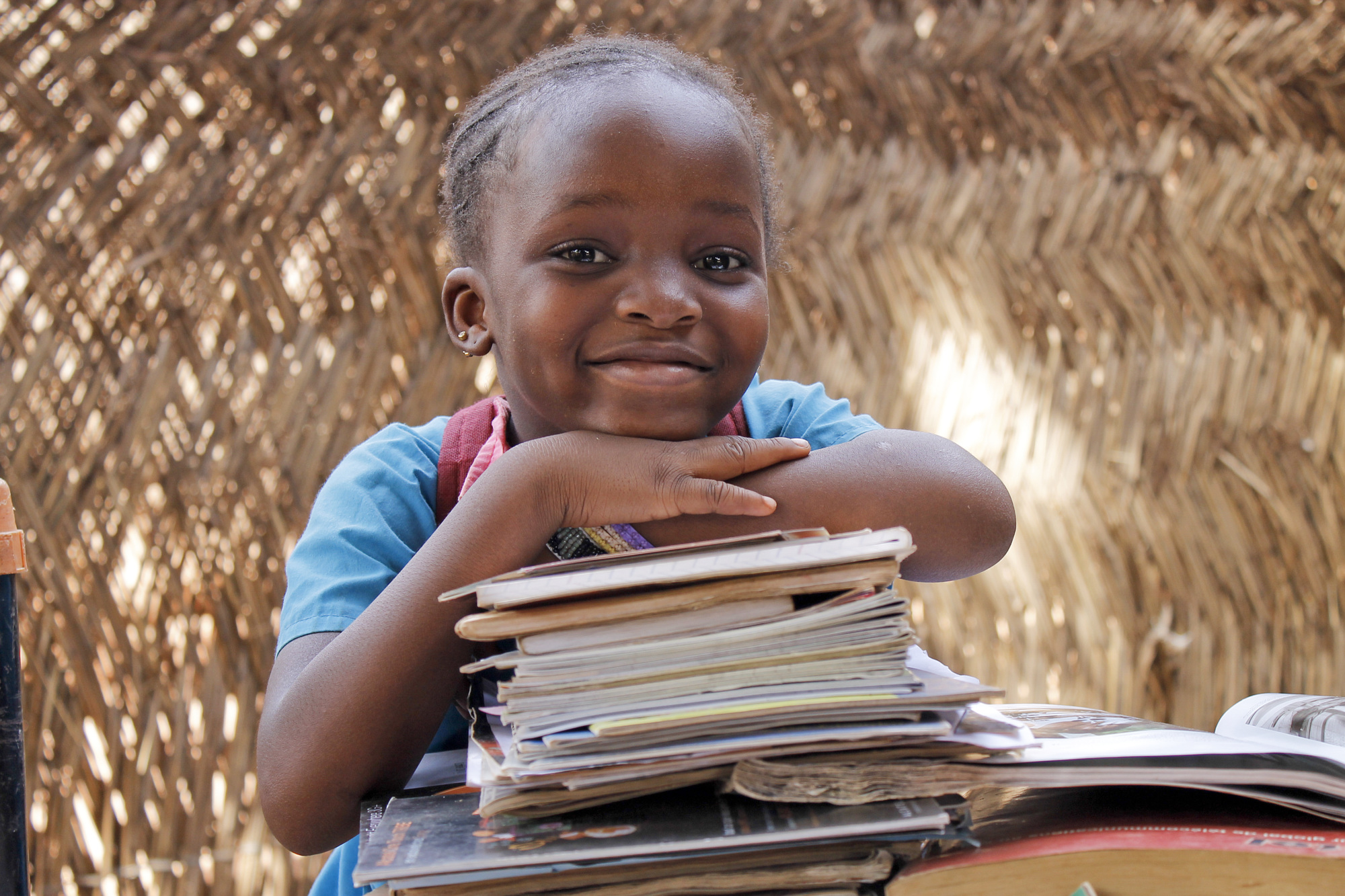
By Edson Baraukwa | Africa Guardian
The African Union (AU) is urging the international community to commit to long-term educational solutions in regions facing significant crises. Moussa Faki Mahamat, the chairperson of the African Union Commission, made this appeal during the opening of the AU and Global Partnership for Education Summit held yesterday.
Mahamat highlighted alarming statistics, stating that in Africa, nine out of ten children are unable to read with comprehension or perform basic mathematics by the age of ten. He emphasized the critical need for a sustained focus on education, asserting that an annual education summit should be convened at the AU’s mission in conjunction with the United Nations General Assembly meetings. He stressed that simply creating annual themes is insufficient, calling for “innovative and bold responses” to address the unacceptable levels of educational poverty, especially as more than 80 percent of the workforce will be young people in the next two decades.
At the summit, African leaders, the AU, and global development partners gathered during the UN General Assembly plenary to showcase the transformative power of prioritizing foundational learning across the continent. Mahamat pointed out that the World Bank estimates a global loss of $21 trillion in productivity due to the ongoing learning crisis if immediate action is not taken. Conversely, he noted that resolving these issues could add $6.5 trillion in global value by 2030.
Prof. Mohammed Belhocine, the AU Commissioner for Education, Science, Technology, and Innovation (ESTI), called for bold investments and a collective international effort to support Africa’s children and ensure significant returns on these investments. “Foundational learning is crucial for Africa’s long-term development and key to unlocking the potential of millions of African children—the changemakers of tomorrow,” he stated.
The AU is committed to embedding foundational learning into its agenda beyond 2024, with plans to track progress, offer support where needed, and advocate for comprehensive reforms. Zambian President Hakainde Hichilema remarked that, based on current trends, by 2050, one-third of young people aged 15 to 24 worldwide will reside in Africa. He emphasized the urgency of investing in education, noting that currently, four in five children are unable to read and understand simple text by age ten, which he deemed unacceptable. Hichilema urged the need for clear milestones beyond 2024 to ensure no child in Africa is left behind.
Former Malawian President Dr. Joyce Banda stressed that a continental crisis demands a continental response, advocating for more Heads of State to champion foundational learning. She called for accountability mechanisms and a robust peer review process to ensure commitments to children are met. “The prosperity Africa dreams of will be built from the classroom, where children learn to read and count,” she asserted, urging collective action to unlock the continent’s potential.
Jakaya Kikwete, former Tanzanian president and chair of the Global Partnership for Education, pointed out that Africa is the world’s youngest and fastest-growing continent. “By 2050, one in every four people will be African, and our workforce will surpass that of China. We must equip them; failing to act risks further disenfranchisement,” he warned.
Dr. Obiageli Ezekwesili, founder of Human Capital Africa, moderated a panel featuring African education ministers discussing homegrown solutions to enhance learning outcomes. She encouraged the ministers to identify the two most critical investments necessary for achieving results, focusing on education and youth-level human capital investments.
___
